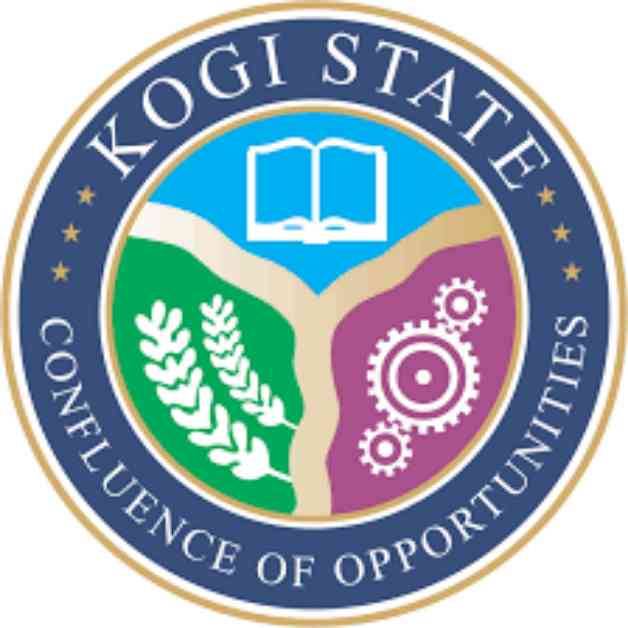Kogi State Government Mandates Tax Clearance for Varsity Students’ Registration
In a groundbreaking move, the Kogi State Government has issued a directive mandating students at state-owned tertiary institutions to present their parents’ Tax Clearance Certificate (TCC) for registration. This order, set forth in a circular from the Kogi State Internal Revenue Service (KGIRS) dated November 26, 2024, and addressed to all heads of state-owned tertiary institutions, will be effective starting January 2025. Signed by KGIRS Chairman Sule Salihu Enehe, the circular, marked KGIRS/PIT/ Vol.5/11647, states, “Enforcement of Tax Clearance as condition for students registration.”
Stakeholders Express Outrage
The announcement has sparked outrage among stakeholders, including parents, concerned citizens, and rights activists in the state, who have deemed the decision harsh and absurd. Many have raised concerns that the new directive was not part of the students’ admission and registration requirements. They argue that some students, particularly those sponsored by themselves or children of peasant farmers or private individuals outside the state, may struggle to obtain the required Tax Clearance Certificate.
Expert Opinions and Legal Challenges
Idris Miliki Abdul, Executive Director of Conscience for Human Rights and Conflicts Resolution (CHRCR), expressed his dismay, stating, “It’s unfortunate and condemnable for a student that has met all conditions in the admissions process to be denied their rights.” Similarly, Sir Agabaidu Jideani of the National Human Rights Commission of Nigeria commended the government’s efforts to promote tax compliance but cautioned against denying children their right to education. Legal practitioner and rights activist Arome Odoma has challenged the legality of the policy, emphasizing that education is a fundamental right that should not be compromised.
Unanswered Questions and Calls for Clarity
Despite attempts to seek clarification from the state Commissioner for Information and Communication, Kinsley Fanwo, and the KGIRS Public Relations Manager, Muktar, many questions remain unanswered. The lack of response from key officials has left stakeholders and the public in limbo, awaiting further details and potential resolutions to this contentious issue.
As the debate surrounding the compulsory Tax Clearance for students’ registration at Kogi’s tertiary institutions intensifies, one cannot help but wonder about the implications of such a policy on access to education and the rights of students. It raises essential questions about the balance between tax compliance and the fundamental right to education for all citizens. In a society where education is often seen as a pathway to a better future, how can policymakers ensure that this right is upheld without creating unnecessary barriers for students, especially those from less privileged backgrounds? The ongoing discussions and legal challenges underscore the complexity of this issue and the need for transparent dialogue and equitable solutions to safeguard the interests of all stakeholders involved.















